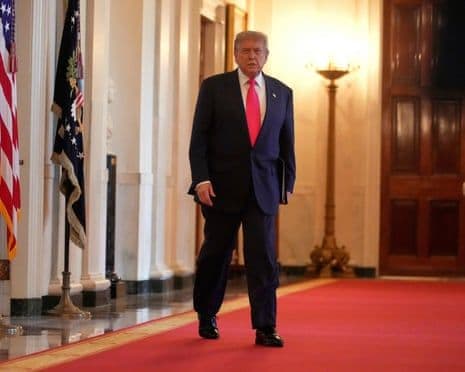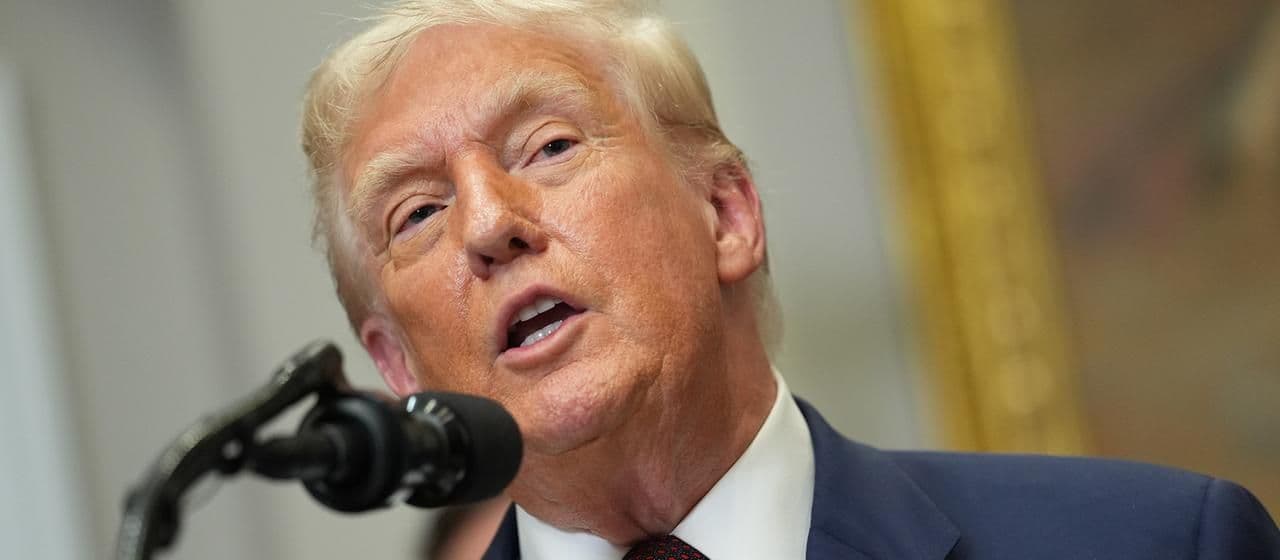The $800 Riddle: Unpacking the Global Freeze on Small Package Shipments to the U.S.
Explore how a U.S. customs policy change halted global small package shipments. Understand international ripple effects, sender's challenges, and the quest for clarity.
A Policy Tremor: Unpacking the U.S. Customs Quake
A significant shift in has sent ripples across the global shipping landscape. Effective August 29, 2025, the long-standing 'de minimis' exemption, which allowed goods valued under $800 to enter the United States duty-free, was unilaterally suspended by . This isn't just a tweak; it's a fundamental change applying to all international packages, regardless of their origin or value. From this date forward, every package entering the will be subject to new tariffs. The decree, signed by on July 30, also specified a revised exemption for gifts or personal shipments, now capped at a mere $100. This dramatic reduction from the previous $800 threshold signifies a complete overhaul of how low-value cross-border shipments are handled, creating immediate uncertainty and confusion for senders and carriers worldwide. The move essentially transforms every international package, no matter how small, into a potential tax liability, fundamentally altering the economics of global small package delivery.
Global Grounding: How Nations and Carriers Hit the Brakes
The policy change quickly triggered a global chain reaction. Within days of the August 29 deadline, postal services from over 25 countries, including major economies like , , , , , and , announced the temporary suspension of their small package shipments to the United States. , for instance, halted services on August 27, two days before the new rule took effect. The core reason for this widespread grounding wasn't defiance but rather a profound lack of clarity from the on how the newly imposed 25% tax on packages under $800 would be collected. As pointed out, the White House had yet to define the operational processes for this collection. This ambiguity extended to air freight carriers as well, with many airlines reportedly refusing to transport these packages, fearing they wouldn't be received or that the collection mechanism would be unmanageable. The message from the international community was clear: without defined guidelines, the logistical and financial risks were simply too high to continue services.
The Sender's Dilemma: Navigating the New Normal for Cross-Border Deliveries
For individuals sending gifts to family, small businesses shipping artisan crafts, or e-commerce vendors fulfilling international orders, the sudden suspension of postal services has created an immediate and frustrating dilemma. Imagine trying to send a birthday present or a crucial component for a project, only to find that your national postal service no longer offers delivery to the . This isn't just an inconvenience; it's a direct impediment to personal connections and economic activity. The uncertainty surrounding the new 25% tax means that even if a private carrier were an option, the sender would have no clear way of knowing the final cost to the recipient, or indeed, if the package would even clear customs smoothly. This new environment forces a complete re-evaluation of cross-border shipping strategies. Senders are left in a holding pattern, waiting for the to clarify its collection mechanisms, effectively halting a significant portion of international small package traffic. The 'new normal' has become a state of limbo, where the simple act of sending a package across borders is fraught with unforeseen complexities and prohibitive costs.

Diplomacy in the Mailroom: Seeking Clarity Amidst the Confusion
The global suspension of small package services has quickly escalated into a matter requiring diplomatic engagement. Joint communiques, such as the one issued by and , underscore the governmental nature of this disruption. These statements highlight that countries are not simply reacting but actively seeking resolution. firm stance, emphasizing that the has not defined how the new taxes will be collected, puts the ball squarely in Washington's court. This isn't just about a tax; it's about the fundamental mechanics of international trade and communication. The coordinated suspensions by over two dozen nations signal a collective demand for clear, actionable guidelines. Until the provides these operational definitions, the current state of paralysis is likely to continue. It's a testament to the interconnectedness of global logistics that a domestic policy change in one nation can necessitate a diplomatic response from so many others, all seeking the clarity needed to resume essential services.
The Future of Forwarding: Long-Term Shifts and Strategic Rethinks
The current freeze on small package shipments to the is more than a temporary inconvenience; it foreshadows potentially significant long-term shifts in global logistics and e-commerce. If the ambiguity around tax collection persists, we could see a permanent re-evaluation of shipping routes and methods. Businesses, particularly small and medium-sized enterprises that rely on affordable postal services, will be forced to absorb higher costs or seek alternative, potentially more complex, fulfillment strategies. This might include regional distribution hubs, increased reliance on express carriers with established customs brokerage, or even a decrease in cross-border sales to the entirely. The incident also shines a light on the critical need for robust international cooperation and clear communication in an increasingly interdependent world. Policy changes, especially those impacting global supply chains, require foresight and collaboration to prevent such widespread disruption. The future of forwarding will likely prioritize resilience and adaptability, pushing for innovative solutions to navigate an evolving landscape of customs regulations and trade policies, ensuring that the next 'de minimis' change doesn't trigger another global grounding.
Related Articles

The Reciprocal Ripple: Unraveling Trump's Trade Gambit on the Global Stage

The Reciprocal Ripple: Unraveling Trump's Trade Gambit on the Global Stage

The Unpredictable Toll: Unpacking Trump's Differentiated Tariffs on Global Partners

The Unpredictable Toll: Unpacking Trump's Differentiated Tariffs on Global Partners

The Fentanyl Factor: Unpacking Trump's Latest Tariff Play Against Canada

The Fentanyl Factor: Unpacking Trump's Latest Tariff Play Against Canada

The Unfolding Trade Chessboard: Trump's Tariffs and the Global Response
